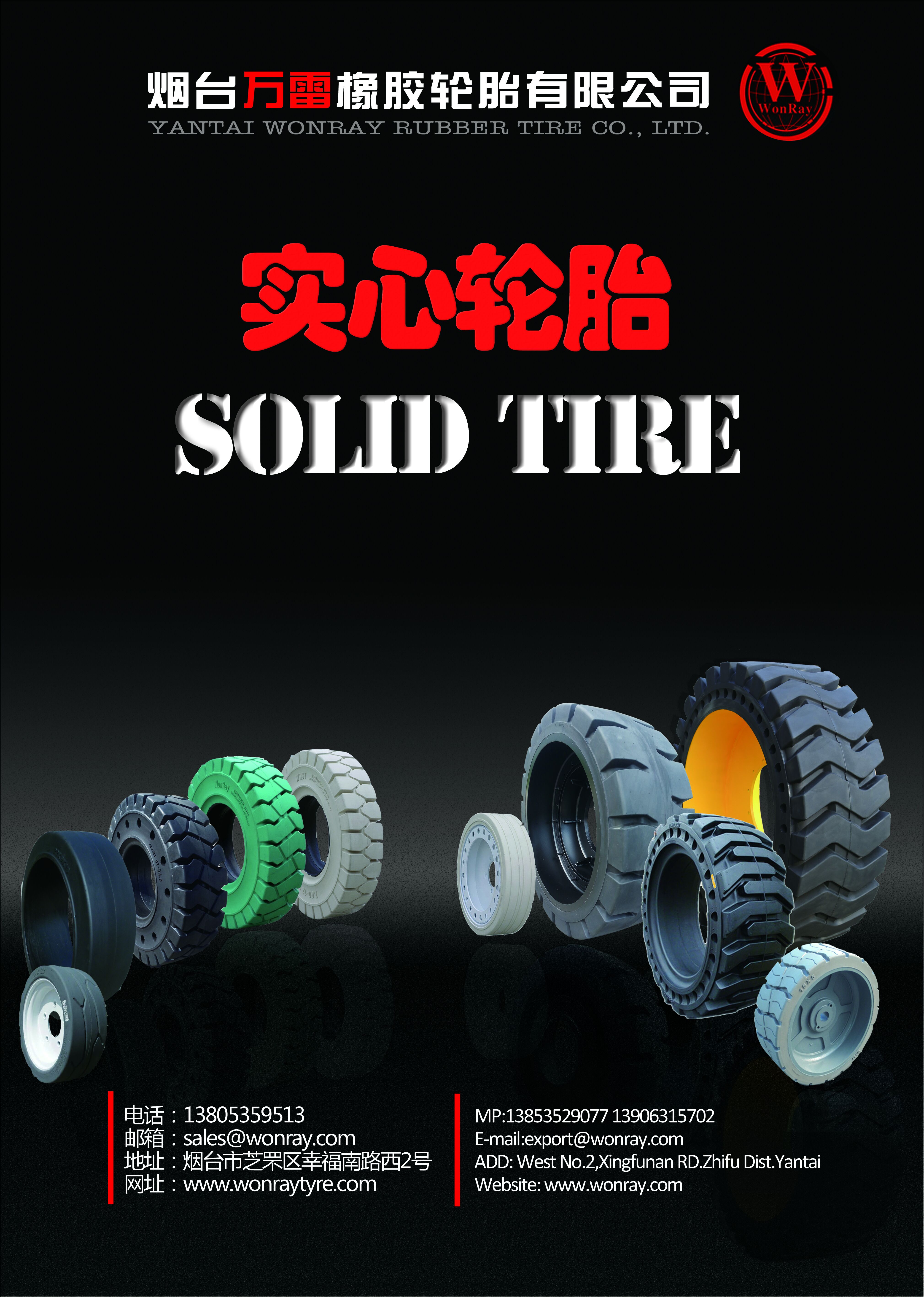In the demanding world of material handling, the performance and safety of equipment like forklifts and other industrial vehicles are paramount. While powerful engines and robust frames get the attention, one component often underappreciated is the solid rubber tyre. These aren’t just wheels; they’re a critical investment that can significantly impact a company’s operational efficiency, maintenance costs, and workplace safety. For businesses operating on smooth surfaces and in environments where punctures are a constant threat, understanding the benefits of solid rubber tyres is key to making a smart, long-term strategic decision.
The Key Advantages of Solid Rubber Tyres
Unlike their pneumatic counterparts, which rely on air pressure, solid rubber tyres are made from a dense, robust rubber compound. This fundamental difference gives them a series of distinct advantages in specific applications.
- Puncture-Proof Performance: This is the most significant benefit. Solid tyres are completely immune to punctures from nails, shards, or other debris. This eliminates costly downtime for repairs and replacements, ensuring your equipment stays operational when you need it most.
- Exceptional Durability and Longevity: The dense rubber construction of these tyres provides superior resistance to cuts, abrasions, and impact damage. This means they wear down much more slowly than air-filled tyres, offering a longer lifespan and reducing the frequency and cost of replacements.
- High Load-Bearing Capacity: Due to their solid composition, these tyres can support very heavy loads without the risk of deflation or instability. This makes them ideal for heavy-duty applications in warehouses, distribution centers, and manufacturing plants.
- Enhanced Stability: The firm, unyielding nature of solid rubber tyres provides excellent stability, particularly when lifting heavy loads. This reduces swaying and tilting, improving operator safety and making it easier to handle materials with precision.
- Low Maintenance: With no air to check or inflate, solid rubber tyres require virtually no maintenance. This simplicity of upkeep saves time, reduces labor costs, and frees up your maintenance team to focus on other critical tasks.
When to Choose Solid Rubber Tyres for Your Fleet
While their benefits are clear, solid rubber tyres are not a one-size-fits-all solution. They are the ideal choice for businesses that primarily operate in environments with the following characteristics:
- Indoor Operations: Warehouses, factories, and distribution centers with smooth, concrete floors are the perfect setting.
- High Puncture Risk: Locations where debris, such as metal shavings or nails, are common and pose a constant threat to pneumatic tyres.
- Heavy Loads and High-Cycle Use: For operations where forklifts are continuously moving heavy loads throughout the day, their high load capacity and durability make them the most reliable option.
- Strict Safety Protocols: The enhanced stability and lack of blowouts make them a safer choice for environments where operator and material safety are the top priority.
Summary
In conclusion, the decision to invest in solid rubber tyres is a smart, forward-thinking choice for any business seeking to improve its industrial fleet’s safety, efficiency, and longevity. By eliminating the risks of punctures and reducing maintenance needs, these tyres ensure maximum uptime and a lower total cost of ownership. For operations with a high risk of debris and a focus on heavy-duty, indoor applications, solid rubber tyres offer a robust and reliable foundation for success.
FAQ
- Do solid rubber tyres provide a comfortable ride?
- Due to their solid composition, they offer less cushioning than air-filled tyres. They are best used on smooth, even surfaces to minimize vibration and ensure operator comfort.
- Are solid rubber tyres suitable for outdoor use?
- They can be used outdoors on smooth asphalt or concrete surfaces. However, they are not recommended for rough or uneven terrain, as their lack of shock absorption can impact both the equipment and the operator.
- How long do solid rubber tyres last compared to pneumatic tyres?
- With proper use, solid rubber tyres generally last significantly longer than pneumatic tyres. Their dense construction resists wear and tear, leading to a much greater lifespan before needing replacement.
Post time: 12-08-2025

